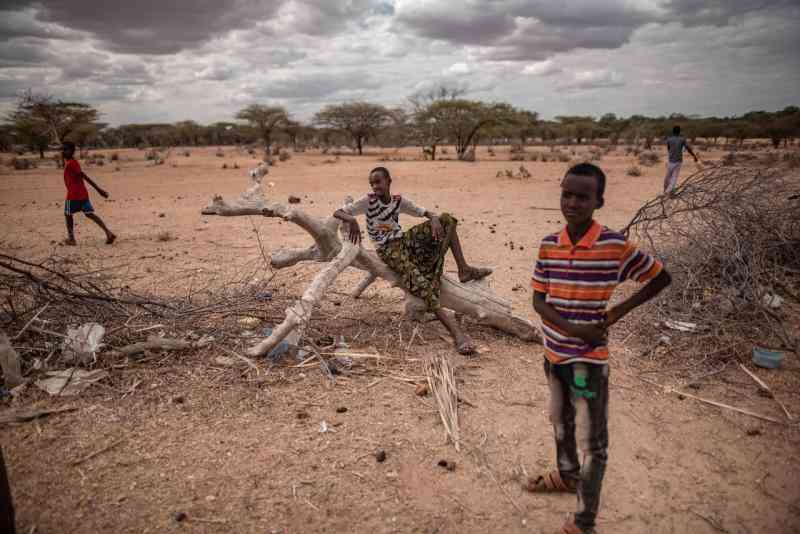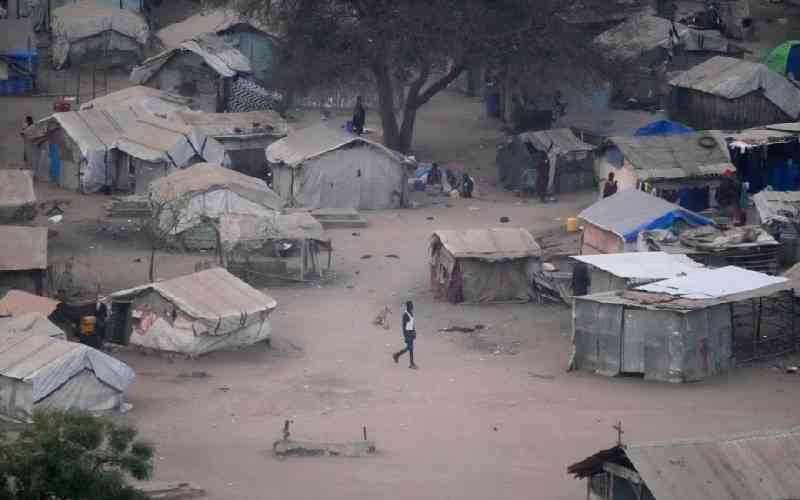Kenya: On Sunday the United Nations released the third and final report on climate change which left little doubt that the world must act quickly to avert an imminent environmental catastrophe.
Two weeks ago the UN Intergovernmental Panel on Climate Change had published a second report which predicted increased diseases, severe food shortages and massive coastal flooding that would cost Mombasa Sh90 billion in losses by 2030.
While the earlier report was a diagnosis of the problem, the latter is a prescription of how to cure our ailing Mother Nature. What the panel of eminent experts prescribes is quite bitter especially for poor countries such as ours.
This is more so when it is remembered that we are only minimally responsible for climate change though we may end up paying the biggest price. The pill is especially bitter for Kenya, because the panel calls for the phase out of fossil fuels from the global economy to be replaced by renewable energy sources. This is certainly a disappointment for Kenya which has pegged the growth of its economy on the newly found oil, gas and coal reserves.
Energy experts forecast that fossil fuels will continue driving the economy at least up to 2040 when the world is expected to have established enough sources of alternative energy. More bad news is that during this transition period the global economy is expected to slow down and almost come to a standstill in poor countries.
Kenya unlike the US or China, which have managed to shield their economies (by dragging their feet on international climate pacts) does not have the resources and the clout to follow such a path. The way forward is to accelerate the development of geothermal, biofuel, wind and solar energy sources.
On this, Kenya is way ahead of the rest of the pack. But most important is a comprehensive programme on how to protect millions of small scale farmers who are already losing their sources of livelihood as it gets warmer. Ways must also be found to wean millions of Kenyans from the use of wood fuel, a big source of greenhouse gases as well as a threat to human health.
Reports attributed to the cabinet secretary for Environment this week indicated that the Government is in the process of forming a taskforce to develop a national policy and law on climate change.
While a binding law is necessary, the Government must not try to reinvent the wheel because sufficient policy documents on how to deal with climate change had been developed by the previous administration. These include the National Climate Change Action Plan 2013-2017 and the National Climate Change Response Strategy Paper, which had guided the establishment of the National Climate Change Secretariat.
A lot of work, money, time and expertise has gone into these policy documents, which the current administration should very well be able to run with. To the general public, the Government must explain that the transition will be painful and expensive.
For example the Action Plan estimates that nearly Sh2 billion will be spent in the next 16 years to finance projects that protect the country against the elements of a warming environment. While environmental issues may not rank highly on the political barometer, their effects such as loss of incomes and widespread poverty are very much political.
 The Standard Group Plc is a
multi-media organization with investments in media platforms spanning newspaper
print operations, television, radio broadcasting, digital and online services. The
Standard Group is recognized as a leading multi-media house in Kenya with a key
influence in matters of national and international interest.
The Standard Group Plc is a
multi-media organization with investments in media platforms spanning newspaper
print operations, television, radio broadcasting, digital and online services. The
Standard Group is recognized as a leading multi-media house in Kenya with a key
influence in matters of national and international interest.
 The Standard Group Plc is a
multi-media organization with investments in media platforms spanning newspaper
print operations, television, radio broadcasting, digital and online services. The
Standard Group is recognized as a leading multi-media house in Kenya with a key
influence in matters of national and international interest.
The Standard Group Plc is a
multi-media organization with investments in media platforms spanning newspaper
print operations, television, radio broadcasting, digital and online services. The
Standard Group is recognized as a leading multi-media house in Kenya with a key
influence in matters of national and international interest.









